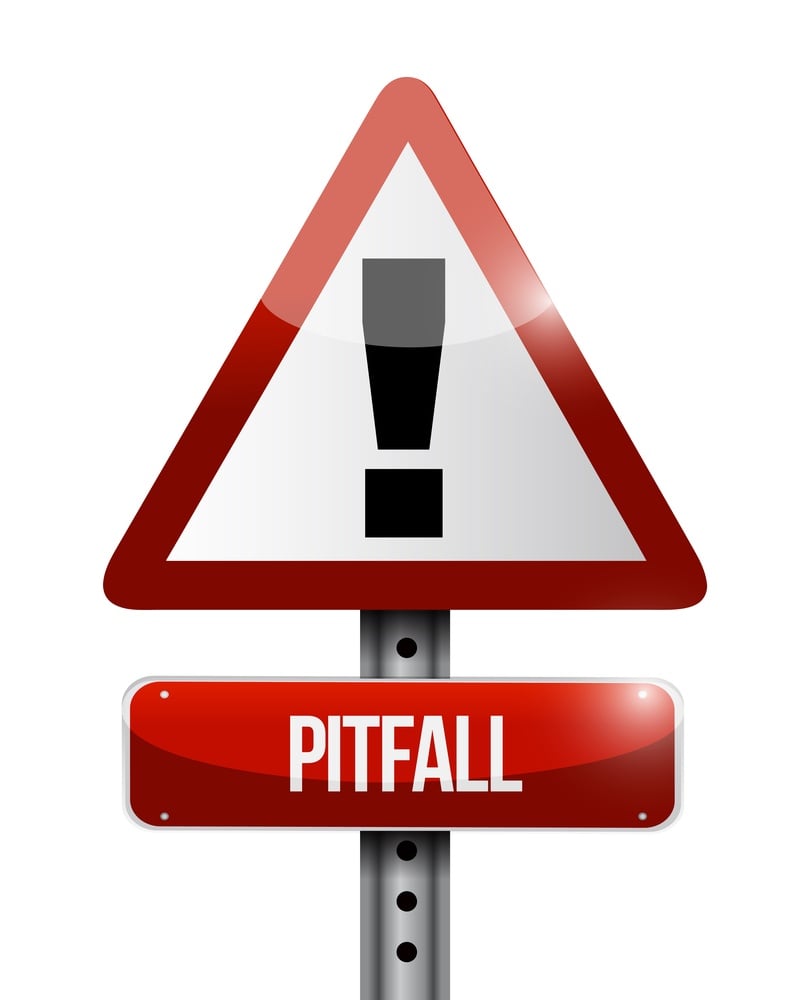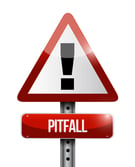
 Selling your practice is complicated, and while you may be excited to get the deal done, there are some important things you need to watch out for along the way. These 10 pitfalls are things that can delay or disrupt a potential deal before you get to the closing table.
Selling your practice is complicated, and while you may be excited to get the deal done, there are some important things you need to watch out for along the way. These 10 pitfalls are things that can delay or disrupt a potential deal before you get to the closing table.
1. Letting the buyer start working too soon. Unless you are selling your practice to someone already working inside the practice, you should avoid letting an outside buyer begin to work in the practice before the deal is sealed. Confusion over who is really in charge and the potential for either party to change their mind are higher when the buyer comes into the equation before the deal is finished.
2. Forgetting non-compete agreements. You need to make arrangements with the veterinarians currently on your staff well in advance of the sale, even before you begin marketing your business for sale. These agreements need to be transferrable to the new owner after the business is sold, and need to extend for a period of time after the employment contract ends.
3. A shaky asset list. In the interest of integrity, your asset list needs to accurately depict what equipment stays and goes when the business sells. Don't include broken equipment or expired drugs, and definitely don't change your mind about a specific piece of equipment after the deal is made. Make sure you disclose any debts related to your equipment as well.
4. Uncommitted sellers. It should go without saying that you should never enter into a contract to sell unless you are 100 percent committed to seeing it through.
5. Demanding too much up front. The best deals are reached through negotiation. Demanding an exorbitant purchase price or a large investment in equipment or repairs can upset the balance of any deal.
6. Depending on outsiders. Ultimately, you know what is best for you. You can take advice from lawyers and brokers when necessary, but they won't be there to run the business after it's sold.
7. Not getting it in writing. Contracts need to be in writing. Don't rely on verbal agreements to get you to the closing table.
8. Marketing before you're ready. Some people believe they should get their practice on the market as soon as possible and work on getting it sale-ready over time. Buyers may be turned off if they see your practice as one that needs a lot of work and is therefore too much of a liability.
9. Avoiding risk. Buying a practice is risky. Running a practice is risky. Selling a practice is risky. But, your risk can be minimized or eliminated with the right kind of guidance upfront and as you proceed through the transition process.
10. Seller's non-compete. Not only do you need a non-compete from your veterinarians, you also need to sign one for your buyer. No buyer wants to take over a business just to have you open up next door.
These Stories on selling your practice
Street Address:
100 Crescent Ct, Suite 700
Dallas, TX 75201
Call Us: 214.593.7158
Email: mlee@praxisinc.com
No Comments Yet
Let us know what you think